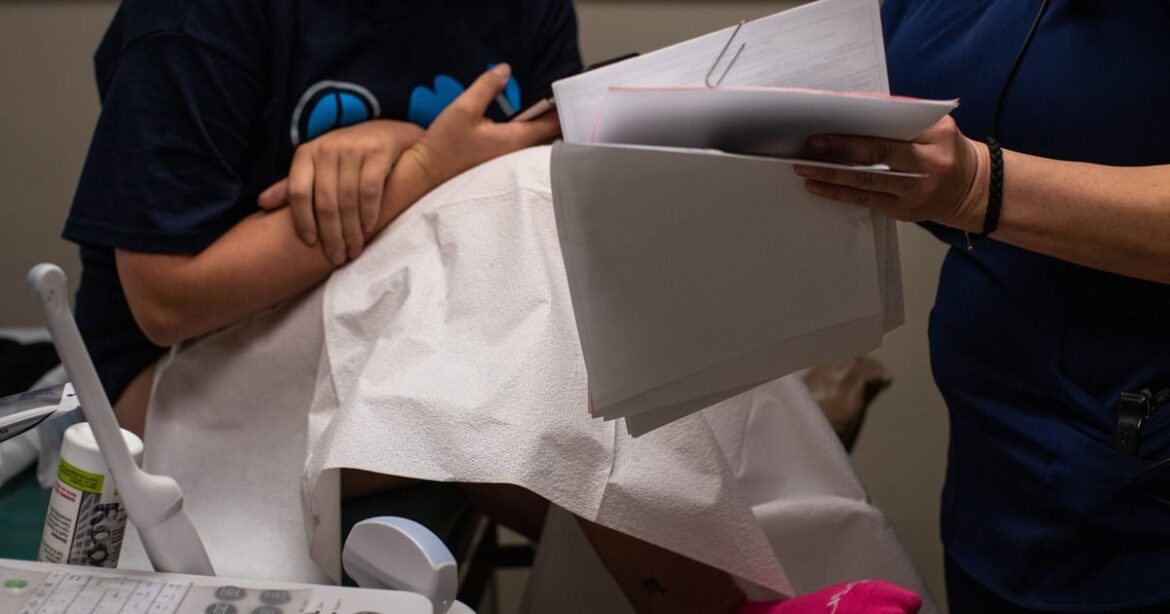Texas Senate Bill 31: A New Look at Abortion Legislation
Background on the Legislation
In a notable discussion at the Texas Senate committee meeting, Senate Bill 31, also known as the Life of the Mother Act, gained bipartisan support from healthcare professionals and abortion opponents who believe the bill could alleviate hesitancy among doctors when dealing with life-threatening situations for pregnant patients. The bill aims to clarify existing medical exceptions in the state’s stringent abortion laws.
Key Provisions of Senate Bill 31
Sponsored by Senator Bryan Hughes (R-Mineola), SB 31 seeks to reinforce existing provisions allowing medical intervention when a pregnant individual’s life is at risk. Hughes emphasized that the bill’s purpose is to remove ambiguity for healthcare providers regarding when they can legally perform necessary medical treatments.
Specific Clarifications Offered
- The legislation affirms that doctors can address ectopic pregnancies and handle miscarried fetal remains.
- It aligns the definition of a medical emergency with established state law.
- Medical professionals and legal practitioners are permitted to discuss medically necessary abortions without facing legal repercussions.
- The bill states there is no requirement for doctors to delay treatment in pursuit of preserving the life of the fetus.
- Continuing education will be mandated for healthcare and legal professionals regarding the interpretation and application of these laws.
Support and Criticism
While the bill has found supporters across party lines, including medical associations and some advocates for anti-abortion measures, critics argue that it lacks sufficient protections for pregnant individuals facing medical emergencies. Detractors express concern that the bill may revive outdated laws that could threaten those seeking or supporting abortions.
Voices of Concern
At the committee hearing, several critics, including women who have experienced complications, challenged the adequacy of SB 31. Amanda Zurawski, a Texas mother who experienced significant health complications after a nonviable pregnancy, questioned whether the bill would have mitigated her harrowing experience, highlighting the absence of specific protections for fetal anomalies.
Mary Rolfson Taylor, a law student, noted that a provision requiring doctors to document gestational age could hinder timely intervention in critical cases like ectopic pregnancies.
Potential Legal Implications
One of the more contentious aspects of SB 31 surrounds its interaction with Texas’ pre-Roe abortion laws. Critics suggest that the bill may unintentionally revive legal statutes from the 1800s, which could enable criminal liabilities against individuals who undergo abortions or assist others in seeking them. Legal experts express concerns that the language in the bill could lead to ambiguous interpretations that might criminalize certain actions linked to abortion.
Future Developments
A companion piece of legislation, House Bill 44, is anticipated but has not yet been scheduled for hearings. Stakeholders, including health professionals and legal advocates, continue to discuss the potential ramifications of the current legislative environment as additional bills addressing abortion pills and related issues are also being considered.

